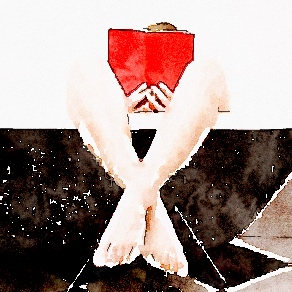Or Philip II of Macedonia vs Sparta
Philip II of Macedonia, the father of Alexander the Great, invaded Greece in the 4th century BC and subjugated most of the Greek city states, Athens included.
He then turned his attention to Sparta:
Philip wrote [to the Spartans] at the time when he entered their country, asking whether they wished that he should come as a friend or as a foe; and they made answer, “Neither.”
(Plutarch: Morals, Vol. III, Sayings of Spartans)
Needless to say, this was not the end of the affair…
O Filipo II de Macedonia contra Esparta
Filipo II de Macedonia, el padre de Alejandro Magno, invadió Grecia en el siglo IV a.C. y subyugó la mayoría de las ciudades-estado griegas, incluso Atenas.
Después, centró la atención en Esparta:
Filipo, cuando entraba en su territorio, les escribió [a los espartanos] si preferían que fuera como amigo o como enemigo. Le respondieron: «Ni lo uno, ni lo otro.»
(Plutarco: Obras morales y de costumbres, III. Máximas de espartanos)
Sobra decir que esto no fue el final del asunto…
Quote of the Week / La cita de la semana:
When Philip wrote to them, “If I invade Laconia, I shall turn you out,” they wrote back,
“If.”
(Plutarch: Morals, On Talkativeness)
Y a lo que les escribió a su vez Filipo: «Si invado Laconia os arruinaré totalmente», le contestaron por escrito:
«Si».
(Plutarco: Obras morales y de costumbres, Sobre la charlatanería)
Neither Philip II, nor even his son Alexander the Great invaded Sparta.
Ni Filipo II, ni siquiera su hijo, Alejandro Magno invadió Esparta.
I don’t know about you but it is one of my most favourite quotes – it’s so wonderfully… well, laconic, right?
No sé de ti, pero esta es una de las citas que me gustan sobre todo – es so maravillosamente… pues, lacónica, ¿no?








